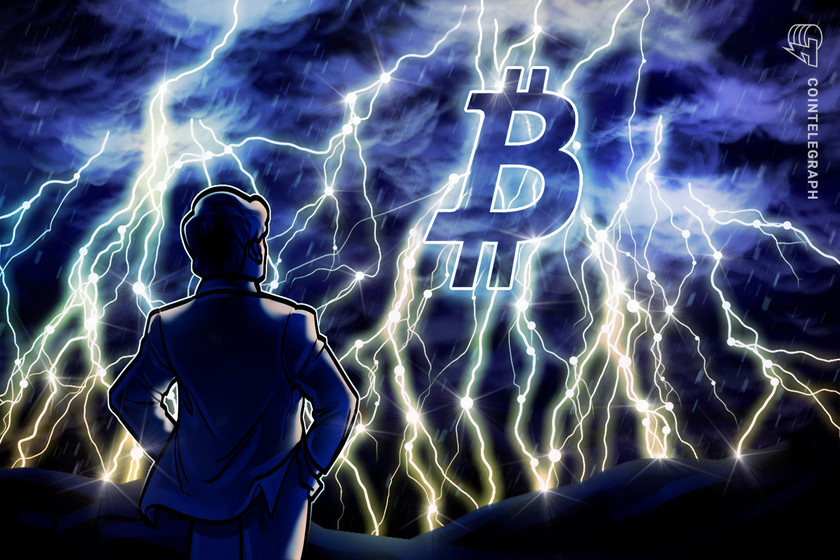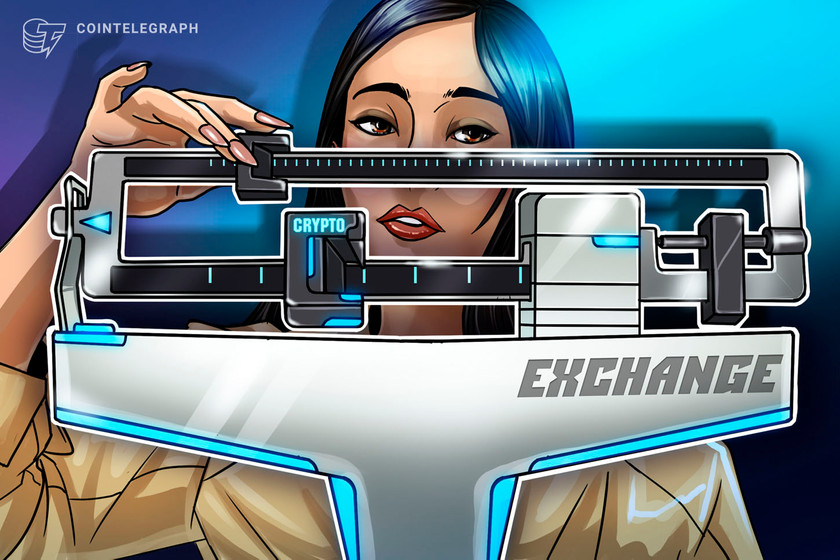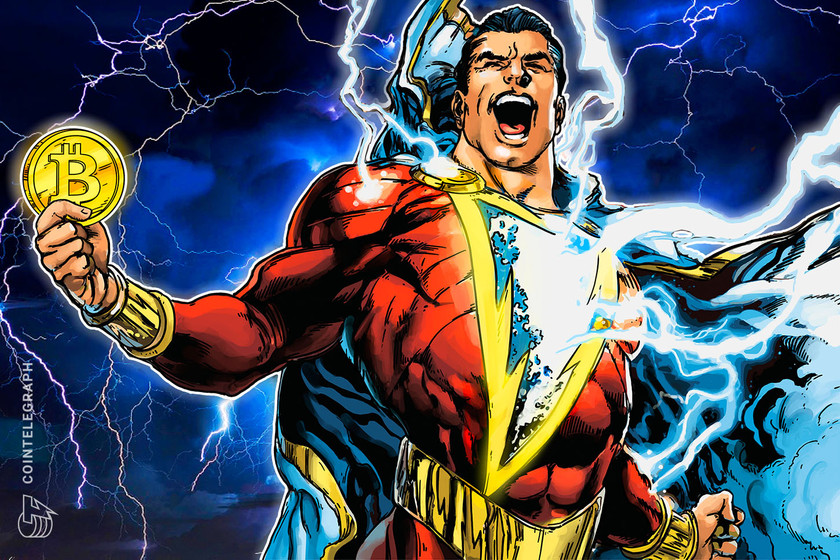Bitcoin Lightning Network is 1,000x cheaper than Visa and MasterCard: Data


Glassnode data demonstrates that the Lightning Network outcompetes traditional payment networks in terms of commission costs.
Fresh data from Glassnode demonstrates that Bitcoin’s (BTC) Lightning Network is significantly cheaper to use than legacy payment networks.
The median fee rate, or the cost of sending value across the Lightning Network, is 0.0029%, 1,000 times cheaper than that of MasterCard of Visa payment processors.
James Check, lead analyst at Glassnode, told Cointelegraph that the median fee rate, or the fee charged per 1 BTC sent across the Lightning Network, is currently 3,000 Satoshis (the smallest unit of Bitcoin). That is “equivalent to $0.84 to send $28,800 worth of value […] which is a fee of 0.0029%.”
“Pretty remarkable when you think about it.”
In a post on the Nostr social media protocol, Bitcoin analyst Dylan LeClair noted that this rate is many times less than that charged by major credit card companies.


The Lightning Network, a layer-2 payments solution built atop the world’s largest cryptocurrency was first proposed as a way to make Bitcoin effective as a payment method. These data points demonstrate that it is not only fast but low-cost, with the mean fee rate has been steadily trending lower since November 2021.


Legacy payment networks such as Visa and Mastercard charge merchants a fee of around 2-3% per transaction, making them an expensive option for businesses. In an upcoming Cointelegraph documentary shot in Cape Verde, the business owner of one of the few businesses to accept Bitcoin explained that accepting foreign Visa and Mastercard costs over 8%.
Moreover, Glassnode’s Check referred to users who run their own nodes and manage their own channels. Many Lightning users take advantage of custodial wallets, such as Wallet of Satoshi and Alby to make micropayments on social media apps such as Nostr.


Some Bitcoin early adopters have noted the growing preference for custodial solutions (as the Bitcoiner mantra is “not your keys, not your coin”), although semi-custodial solutions such as Fedi and Cashu could undermine reliance on fully custodial solutions.
Related: MicroStrategy’s Saylor fuses work email address with Bitcoin Lightning
Furthermore, the throughput of the Lightning Network could be called into question. Check explained:
“Of course, we must also consider that the typical channel is smaller than 1 BTC. The median channel size is 0.02 BTC and the mean is 0.08 BTC, so overall the Lightning Network remains well suited to payments below $1,000.”
In the below graph, the channel size is trending higher but still well under $10,000. In such an environment, payments over $1,000 may be better suited to the Bitcoin base chain in order to avoid payment failure or misfire.


Related: Bitcoin in Senegal: Why is this African country using BTC?


















